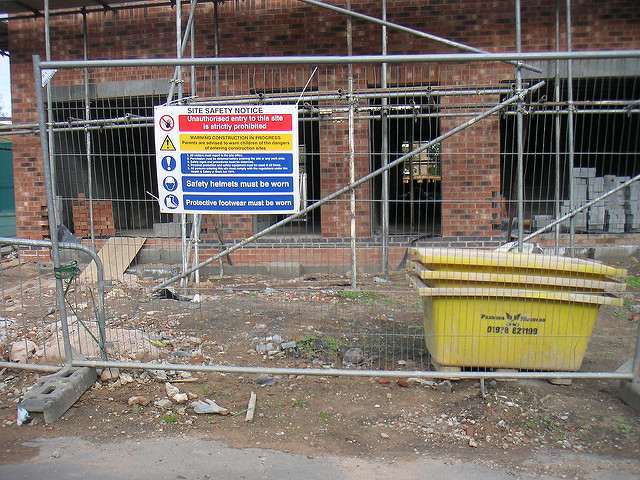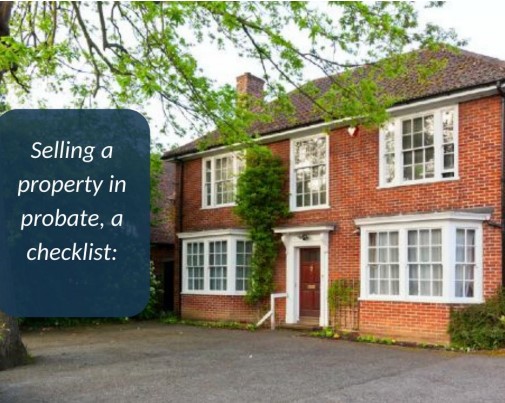Leaseholds to be banned on new-build homes
With outdated laws still being used to unfairly profit from homeowners who pay ground rent, the government is taking action to prevent new developments from being classified as leasehold.
In the days of feudal law, land ownership dictated power. Those who wished to make a living from the land but lacked the necessary resources to purchase their own plot often found themselves at the mercy of a Lord’s leasehold – a contract that allowed them to conduct business, trade and live on that land for a stated period of time, but under the obligation that they would pay a percentage of their income to the Lord himself.
In the days of limited social mobility, the arrangement benefitted both parties but ultimately left the land workers with little to no leverage in a court of law.
The modern dilemma
Even in the early 20th century, these arrangements were still in place, albeit with greater oversight by the government. In an effort to limit the control these landlords had over their tenants, new legislation was drafted that gave tenants greater protection against eviction and rent increases. At the same time, freehold properties became more common, granting potential homeowners more choice, while simultaneously making leasehold properties a less attractive proposition.
In an effort to make their rental properties more appealing, landlords began granting longer terms for many of their houses – allowing tenants to live without fear of eviction. However, by the time the 1960s came around, many leaseholds began to expire and long-time residents once again found themselves at the mercy of the landlord.
The resulting public outcry forced the government to act, but thanks to older laws still in place, steps that the government could take were severely limited.
Despite the obvious negative impact of leaseholds, many new estates being built today by companies such as Persimmons and Barrett are still being sold as such. But the growing discontent from those who rent or buy properties within those estates are finally forcing the government’s hand in implementing the greatest shake-up of housing development in over 50 years with communities’ secretary Sajid Javid announcing this week that a formal period of consultation has begun to discuss the banning of new-build homes as leasehold.
With leasehold homeowners facing spiraling ground rent costs and disproportionate charges for the building of extensions and conservatories, it has become harder for them to sell their house fast.
What can be done?
Luckily, it appears that the writing is on the wall for developers who plan to sell leasehold control for their estates to unscrupulous companies that unfairly profit from those residents – residents who were unaware of their legal standing prior to purchasing.
“It’s clear that far too many new houses are being built and sold as leaseholds, exploiting home buyers with unfair agreements and spiraling ground rents,” said Javid.
“Enough is enough. These practices are unjust, unnecessary and need to stop. Our proposed changes will help make sure leasehold works in the best interests of homebuyers now and in the future.”
The move hopes to protect residents in new-builds from exploitation through legal loopholes by companies such as Taylor-Wimpey who have, in the past, incorporated clauses in their purchase contracts that state that ground rents would double every ten years.
A double-edged sword
However, those leasehold properties that are already built are facing a steeper uphill battle as homeowners continue their fight to reside in their houses without the fear of eviction and increased costs of living if they do not keep up with payments.
Furthermore, with newer leasehold-free properties becoming a more attractive prospect for purchase than older homes still held to a leasehold agreement, homeowners in the latter category would find it harder and harder to sell their homes for a reasonable profit as potential buyers realise that they could be subject to additional charges.
Unable to sell due to your leasehold standing? Why not ask National Homebuyers for advice, as we buy any house. Call 08000 443 911 or request a call back to find out how much you could get for your property.






